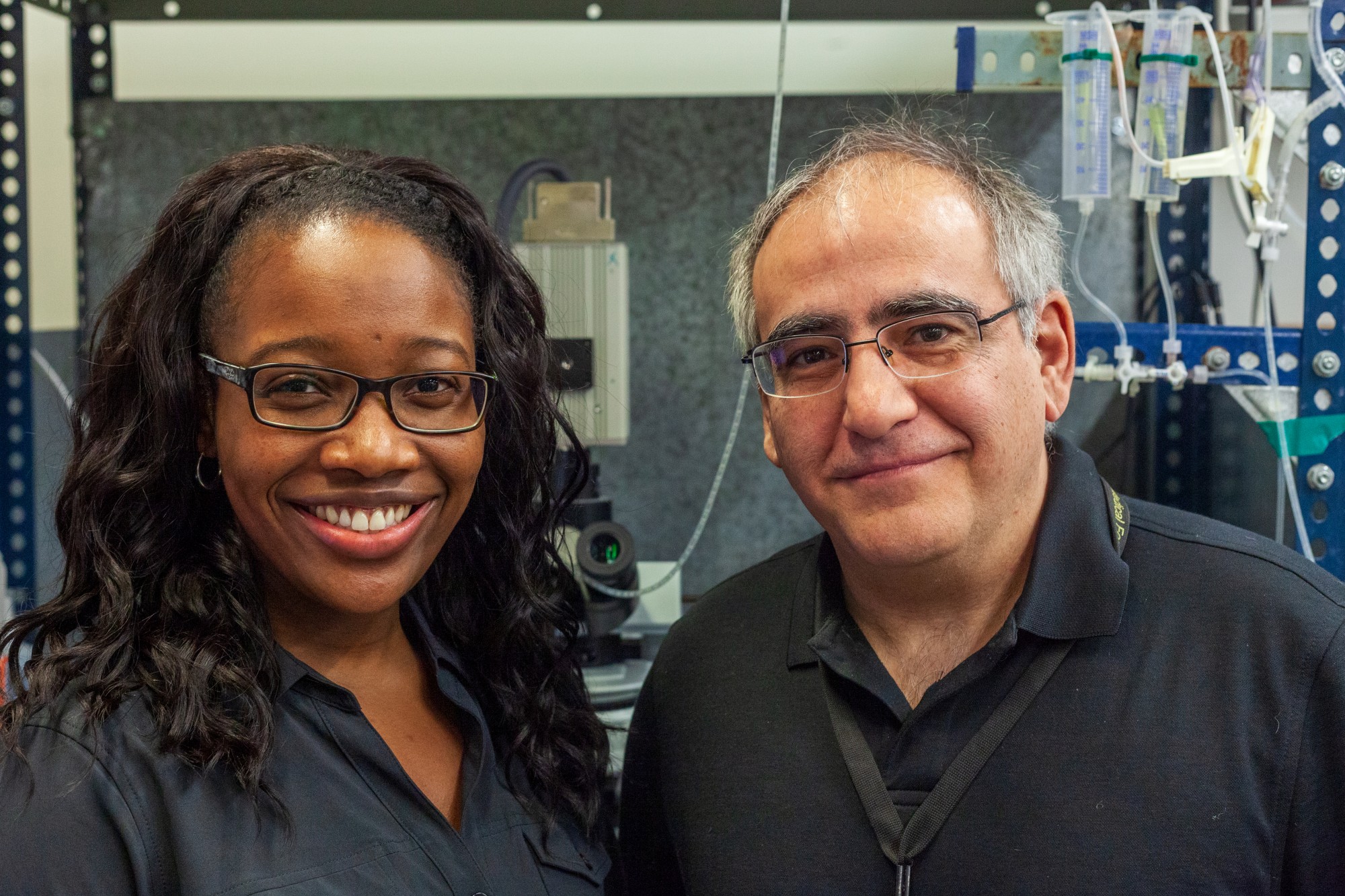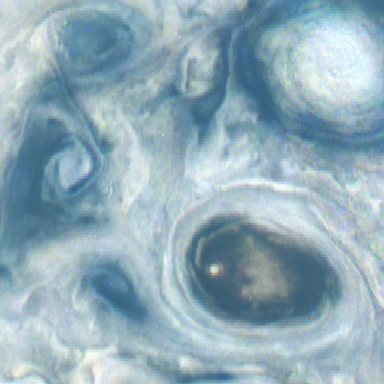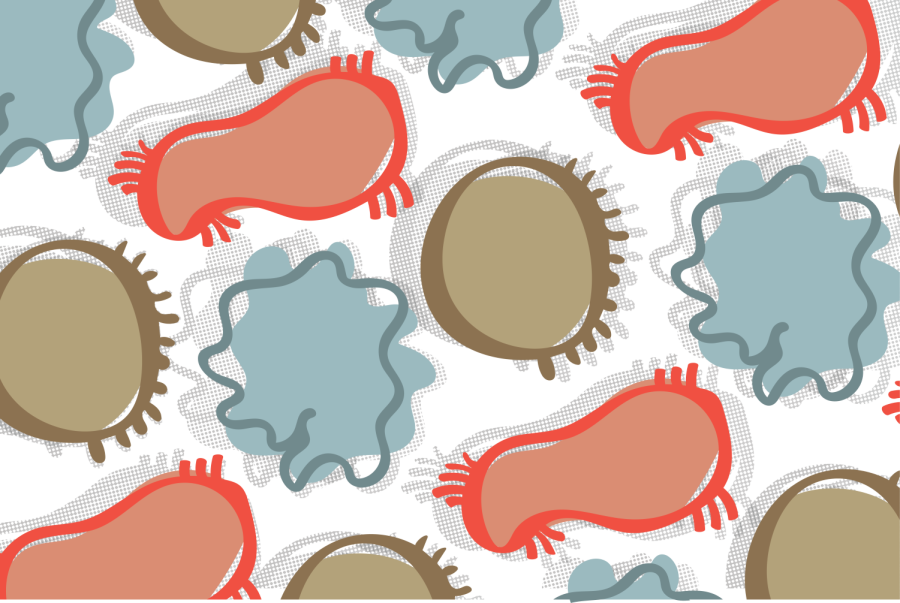New University of Minnesota Medical School research has found key advancements in drug addiction treatment.
Researchers focused specifically on brain cells called astrocytes and chemicals like dopamine and amphetamine, both of which are closely linked to drug addiction. The results of the study established the relationship between astrocytes and these chemicals, proving that if the activity of these cells can be reduced, so can drug addiction behavior.
“… What we’ve done so far is understand that astrocytes respond to brain reward signaling. And when we decrease astrocyte activity, we decrease the effects of amphetamine,” said Michelle Corkrum, a neuroscience medical student and researcher.
Corkrum worked alongside other University neuroscience researchers Alfonso Araque and Mark Thomas, in addition to former researcher Ana Covelo, said University Medical School Spokesperson Kelly Glynn.
“One of the really nice things about our product is that we collaborate with so many different groups and teams at the University. [Araque] is an expert in astrocyte physiology, and we also collaborated with [Thomas], who’s the director of the Medical Discovery Team on Addiction,” Corkrum said.
Corkrum and Araque came to focus on astrocytes, a typically overlooked brain cell, because of the countless connections they made to other parts of the brain.
“There are billions of astrocytes, and we have forgotten about them and, in many instances, we’ve focused on neurons. I think [astrocytes] are nice cells to start looking at for treatment of diseases or neurobiological diseases,” Araque said.
The researchers plan to use the findings to serve as a foundational basis for continued study of drug addiction and astrocytes, Corkrum said.
“So even if in the future, the main thing that is taken from this work is that we shouldn’t ignore astrocytes, that they should be considered when we’re looking at how the brain contributes to our interactions with the world,” Corkrum said. “That’d be awesome for other researchers to realize that astrocytes shouldn’t be ignored.”
Additionally, Araque and Corkrum are looking to other researchers and medical professionals to further develop and advance findings surrounding drug addiction and treatment.
“What we do in the lab is fundamental to provide the fundamental knowledge of how the brain works,” Araque said. “We always hope when we do neuroscience or neurobiology that it has some meaningful outcome for the human society — that’s a wish or a hope.”














